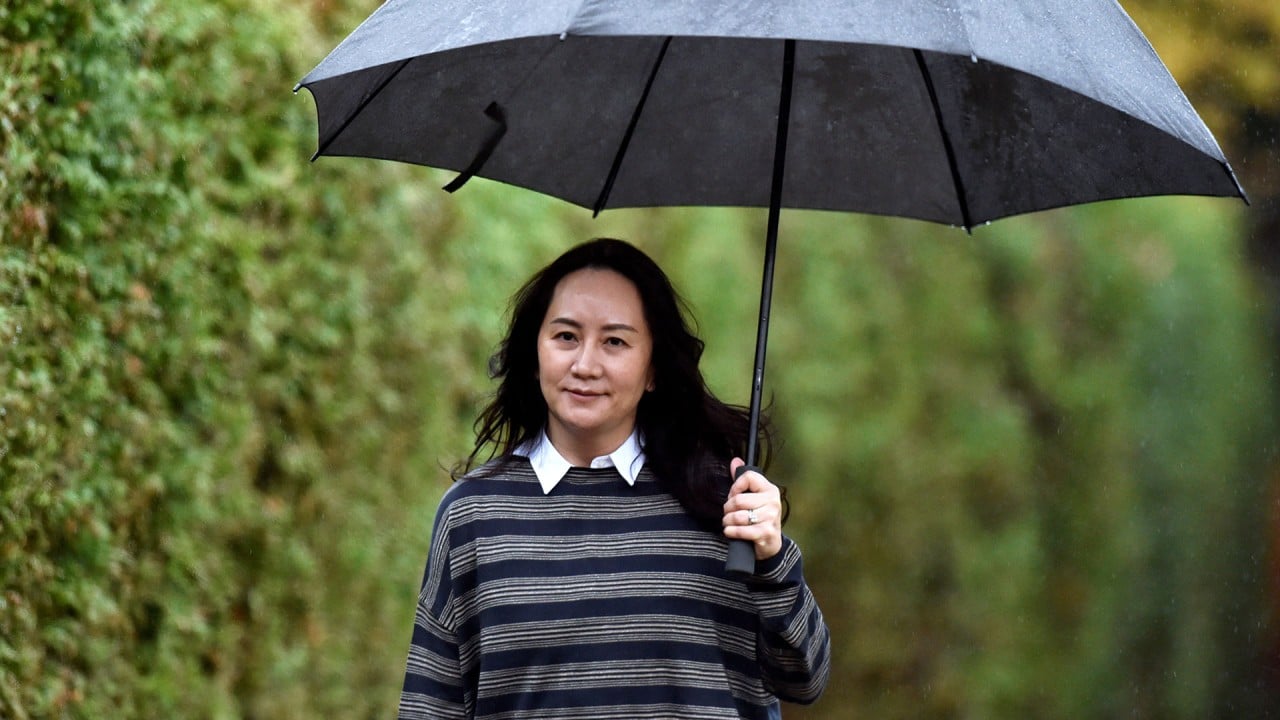Two years on, Huawei still fighting for survival as CFO extradition case ongoing
- Meng Wanzhou’s arrest two years ago today focused international attention on Huawei but the company had been on Washington’s radar for many years before
- The hammer blow came in May 2020 when Washington required foreign chip makers that use US technology to apply for a license to sell chips to Huawei

04:43
How the arrest of Huawei CFO Meng Wanzhou soured China's relations with the US and Canada
Two years on, the Shenzhen-based company has been cut off from the advanced US technology it desperately needs to stay at the forefront of its 5G and smartphone ambitions. To cope, the company last month “divorced” from its budget smartphone brand Honor and has refocused on less vulnerable business lines.
“The issues the US had with Chinese tech started before Meng’s arrest,” said Paul Haswell, a partner who advises technology companies at international law firm Pinsent Masons. “Meng’s story is just one part of a larger issue.”
Meng’s arrest predated an escalation in Washington’s sanctions against Huawei that came the following year. Already barred from supplying telecoms gear to US government agencies over its alleged ties to Beijing, in May 2019 Huawei was added to Washington’s entity list, banning it from buying products and services from US companies without US government approval.
In announcing the action, the Bureau of Industry and Security under the US Department of Commerce said Huawei and its affiliates were “deemed to be involved in activities … contrary to the national security or foreign policy interests of the United States”.
Huawei has repeatedly denied the accusations levelled by the US.

